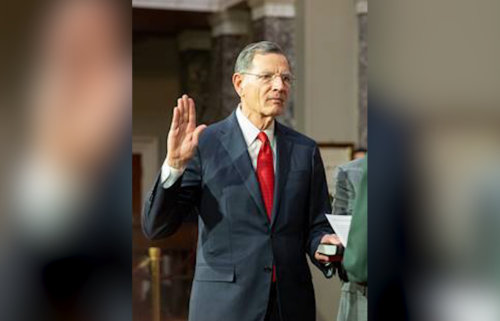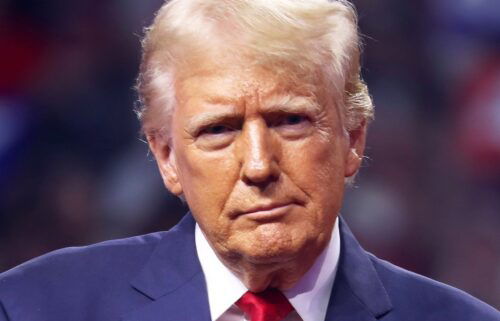A Wyoming first: 4 women compete for US House, Senate

CHEYENNE, Wyo. (AP) - Voters for the first time will decide Tuesday between four women as the major party candidates for U.S. House and Senate in Wyoming - two Republicans with previous experience in Congress and two lesser-known Democrats seeking to win by upset in the GOP-dominated state.
Republican former U.S. Rep. Cynthia Lummis faces Democratic University of Wyoming ecology professor and climate activist Merav Ben-David in the race for a Senate seat held by Republican Mike Enzi, who is retiring after four terms.
Lummis campaigned on her past experience and ongoing contacts in Washington, saying in an Oct. 8 debate with Ben-David that her experience in the House would open up committee assignments otherwise unavailable to a freshman senator.
"I don't want to go to the U.S. Senate just to have a pin on my lapel. I want to go to get work done," Lummis said in the debate.
Ben-David described herself as an outsider "fed up with endless gridlock" in Washington, yet one also qualified to get things done for Wyoming.
"You know how scientists get stuff done? We don't ignore the facts. We embrace them," Ben-David said in the debate.
Wyoming hasn't had a U.S. Senate vacancy since Republican Craig Thomas died in 2007. Appointed to finish Thomas' term, Republican Sen. John Barrasso has easily won reelection ever since.
Democrat Lynnette Grey Bull, a Northern Arapaho tribal member and Global Indigenous Council vice president, seeks to deny Republican Rep. Liz Cheney a third term as Wyoming's lone representative in the U.S. House.
Grey Bull campaigned as a person who understood the issues facing miners and other blue-collar workers in Wyoming.
"I'm fighting for my seat at the table so I can bring others to have a seat at the table," Grey Bull said in the debate.
Cheney ran on her record as one of the higher-profile Republicans in the House, saying in an Oct. 8 debate against Grey Bull she would "fight against the very dangerous policies" of Democrats amid the coronavirus pandemic.
"We have seen this year the set of challenges and threats that we have I think very rarely faced," Cheney said. "It is going to require continued focus every single day."






